Home

Sustainable development lies at the heart of sustainable entrepreneurship. SEED is a melting pot for students, scholars and researchers to share inventive concepts and engage in solution-driven studies. We aim to contribute to the Sustainable Development Goals (SDGs), particularly SDG 7 and SDG 13, through research with impact at our living lab. Research in sustainable energies, with a specific focus on mini-grids, delves into the innovative solutions that are revolutionizing energy access and utilization.
In early August 2021, NUST staff commissioned a 20-kilowatt photovoltaic power plant as part of the Sustainable Energies, Entrepreneurship and Development (SEED) Project Solar Living Lab. The power plant is located in !Kharoxas, about 60km outside Windhoek and was developed to benefit the members of the !Khomanin San community. The project is looking at electrifying entrepreneurial activities within the community such that revenue is created to enable the mini-grid system to sustain itself.
Funded by the DAAD until 2024 and implemented in partnership with the Technical University of Munich (TUM) in Germany, the Living Lab serves as a lighthouse project for the next two decades for teaching and research related to energy transition, rural electrification, and the entrepreneurial productive use of electricity. The project has introduced two main entrepreneurial activities with a special focus on poultry production and animal feed production.
The Living Lab’s 20-killowatt solar panel was designed and specified by the Department of Mechanical, Industrial and Electrical Engineering (DMIEE) team and installed by NEC. Our work goes beyond academic excellence; it is also about bringing people from different cultures and backgrounds together.
- The solar PV generation plant was constructed and installed. The plant is scheduled for commissioning and handover to the community.
- The existing borehole was refurbished by installing a higher capacity water pumping system and water storage tank.
- Water reticulation to the storage tanks and the site of the community horticultural project is to be undertaken.
- Electricity reticulation to households would be undertaken once the licensing requirements by the Electricity Control Board are met.
- At present there are about 15 households to be electrified. There is no existing commercial loads, hence assumptions had to be applied for load estimation and load growth rate ( new connections etc as per Traditional Authority Strategic Plan.
- There is an existing small Solar-powered borehole that pump water for human consumption. The borehole pump has been refurbished to meet the expected water demand due to entrepreneurial opportunities as identified by the community. However, the borehole water supply capacity is unknown
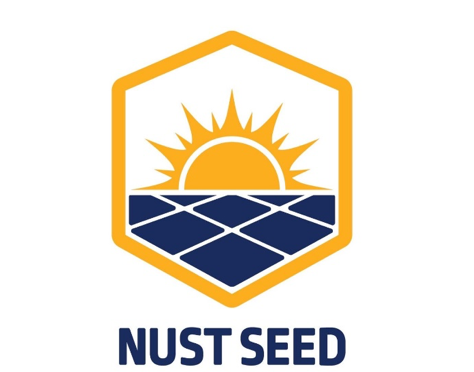
Long-term Objective
The main objective of the project was to establish a living laboratory for research and teaching. The living laboratory was developed and operated such that it functions based on two pillars namely:
- Sustainable Development
- Entrepreneurial Activities

NUST Representative
Prof James Katende, Professor of Renewable Energy Systems in the Faculty of Engineering and the Built Environment is the Scientific Director of the NUST SEED Center. He is an experienced academic with a demonstrated history of more than 34 years of teaching and research in the higher education industry in different capacities in several African countries. He is skilled in teaching and research in Electrical Engineering and handles courses including: Power Engineering, Renewable Energy, Electrical Machines, Electrical Circuits and Systems, Measurements and Instrumentation, and Control Systems Engineering, among others.
| Modes of Study | Full-time/Part-time |
| Duration | 2 Years |
| Level | Postgraduate |
| Course Code | 09MSES |
How can I apply for this?
Visit out Admissions Webpage
Entrepreneurship and innovation play an important role in facilitating adoption and dissemination of renewable energy technologies. Institutional, economic and technological challenges faced by solar energy entrepreneurship offers opportunities to streamline the policy ecosystem that plays a vital role in shaping the perceptions of potential investors and consumers in favour of sustainability-oriented products and technologies. The project deliverables are summarised as follow:
1. Project reconnaissance location suitable for a living lab; a site close to Namibia University of Science and Technology (NUST)
2. Engage viable community for process inclusivity, and community leadership and other mandatory role players for the Project Memorandum of Understanding (MOU)
3. Project planning for a 20-kilowatt photovoltaic power plant
4. Project Implementation and Monitoring
Transition towards cleaner alternative power sources is a potential solution to energy poverty and climate change.
The SEED Center is funded by the German Academic Exchange Services (DAAD) and its Excellence Centres for Exchange and Development (Exceed). You can learn more about the DAAD Exceed Program here.

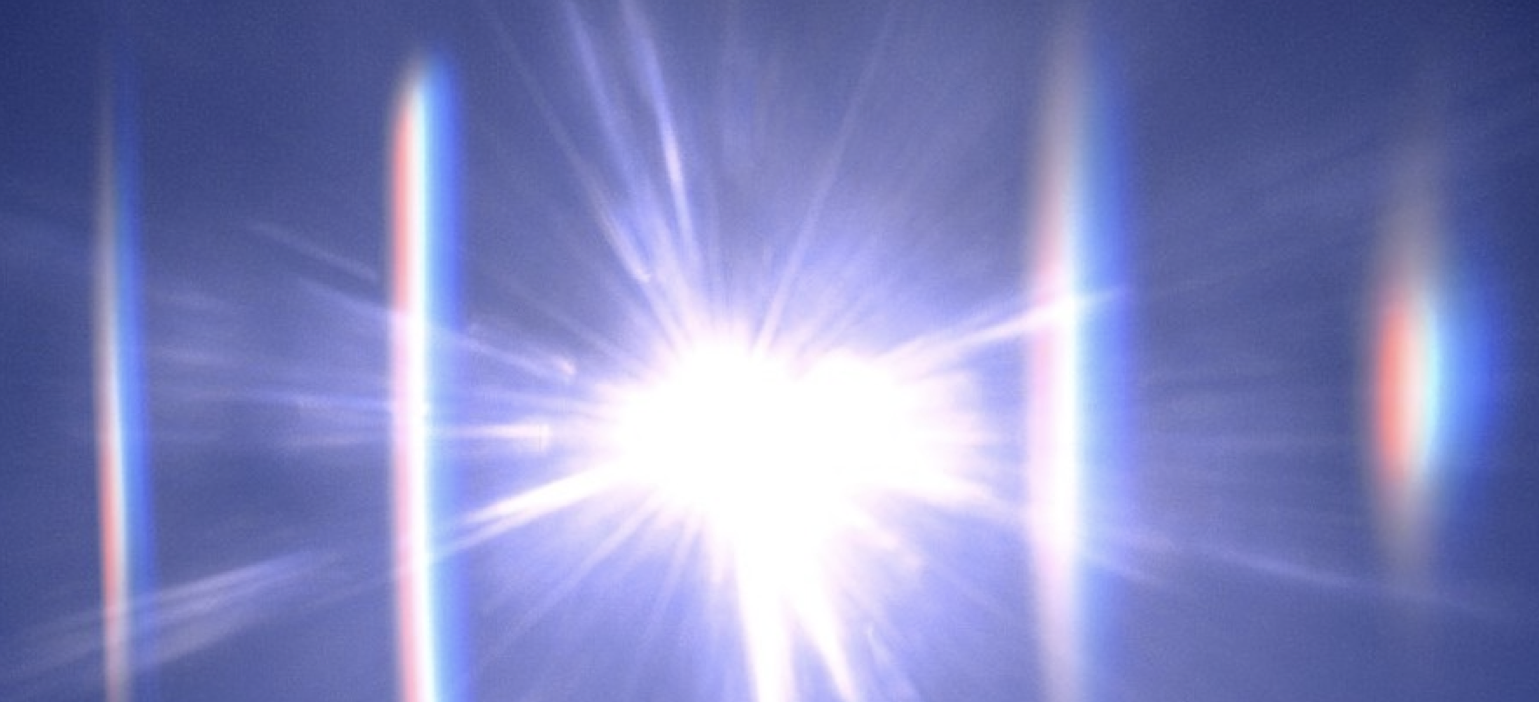
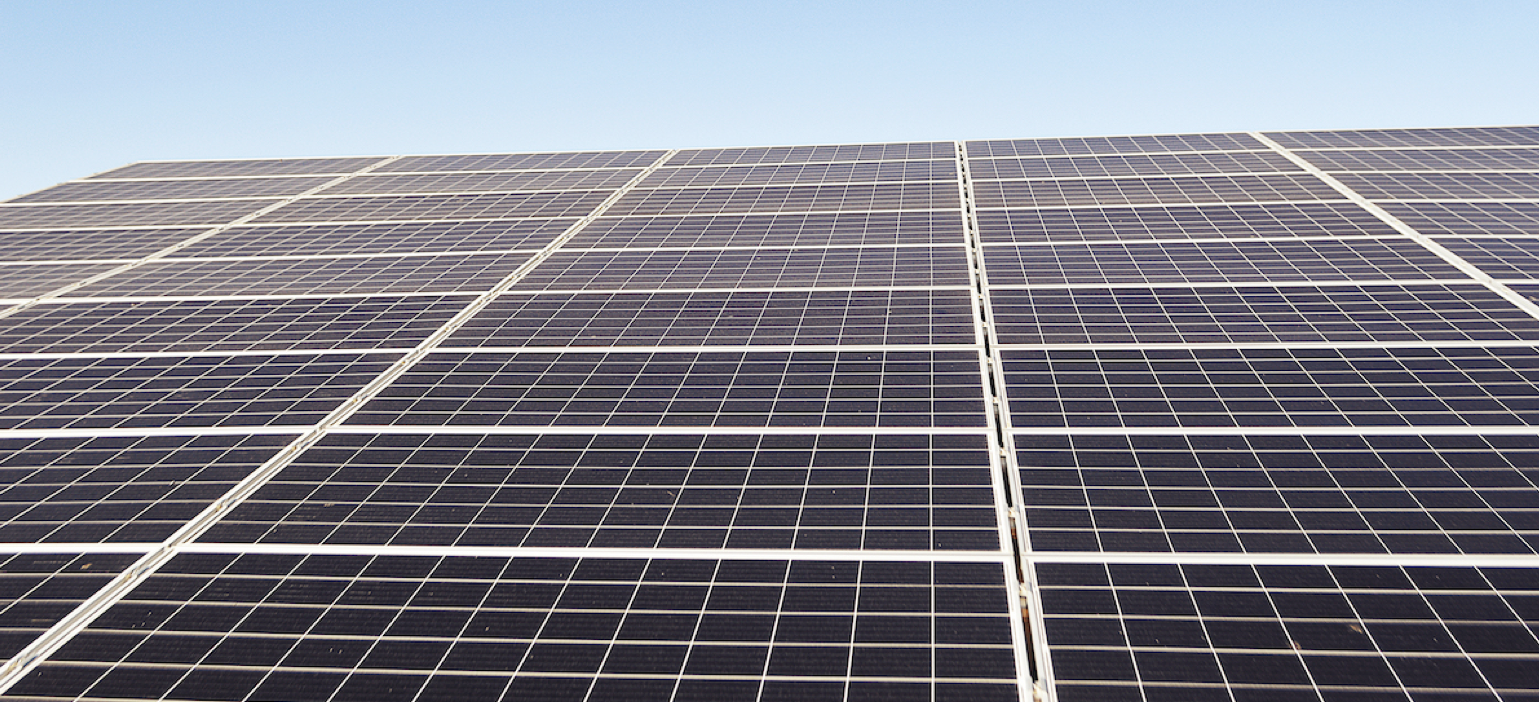
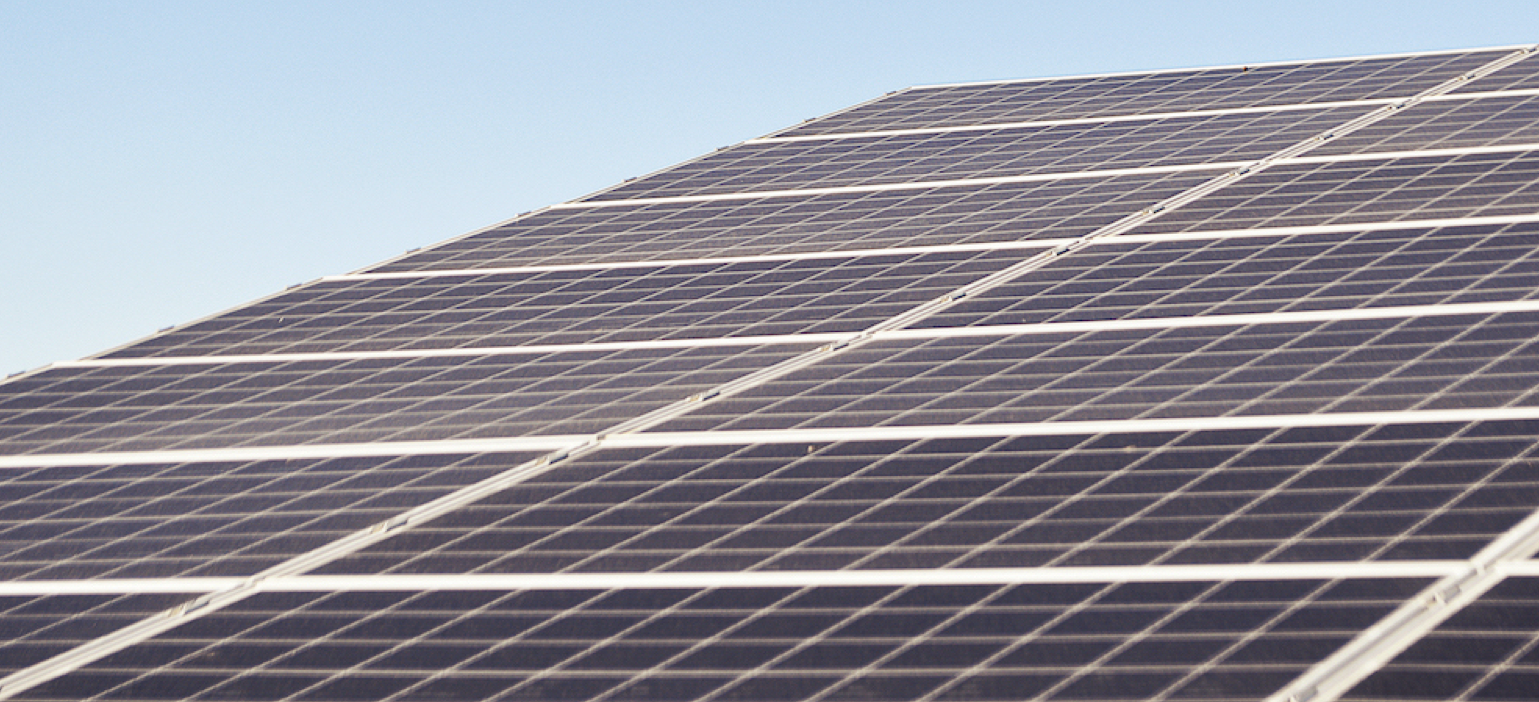
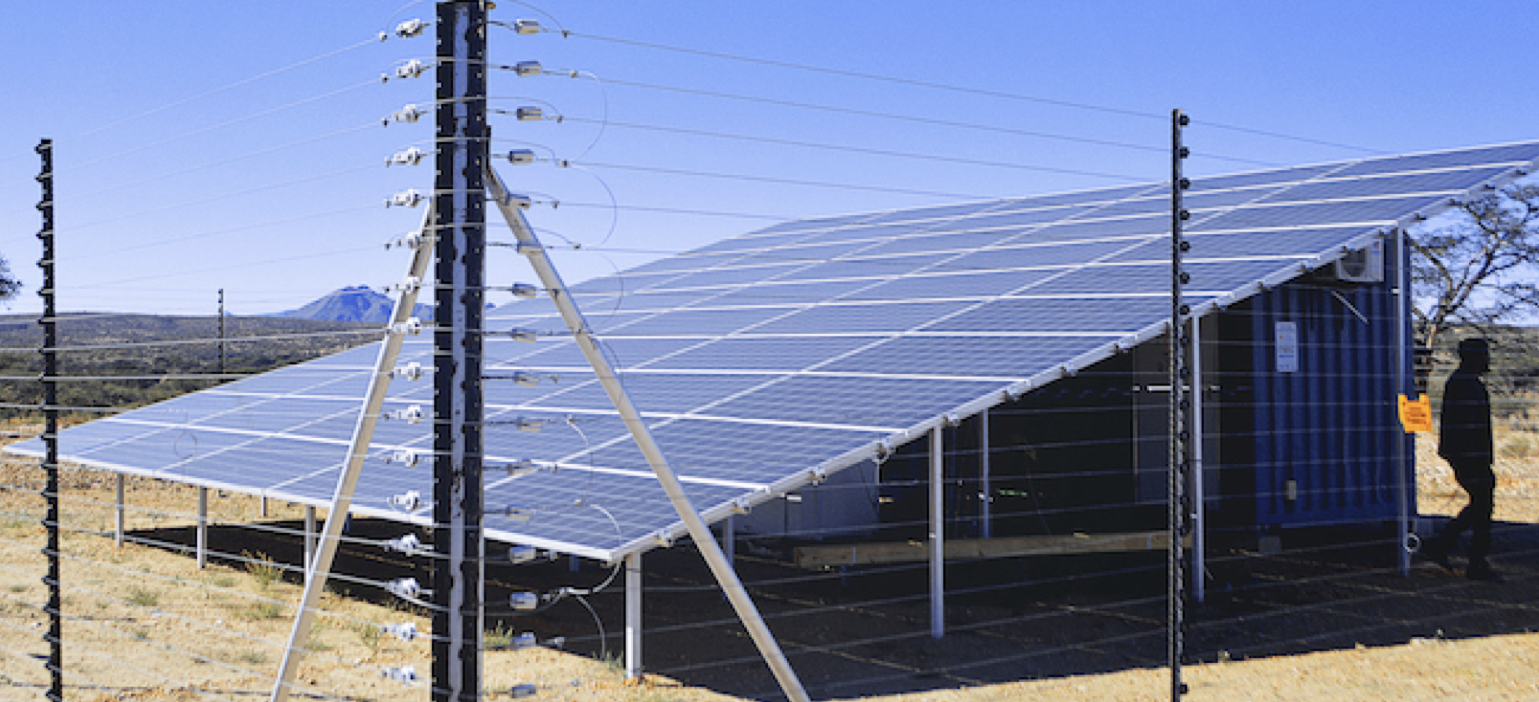
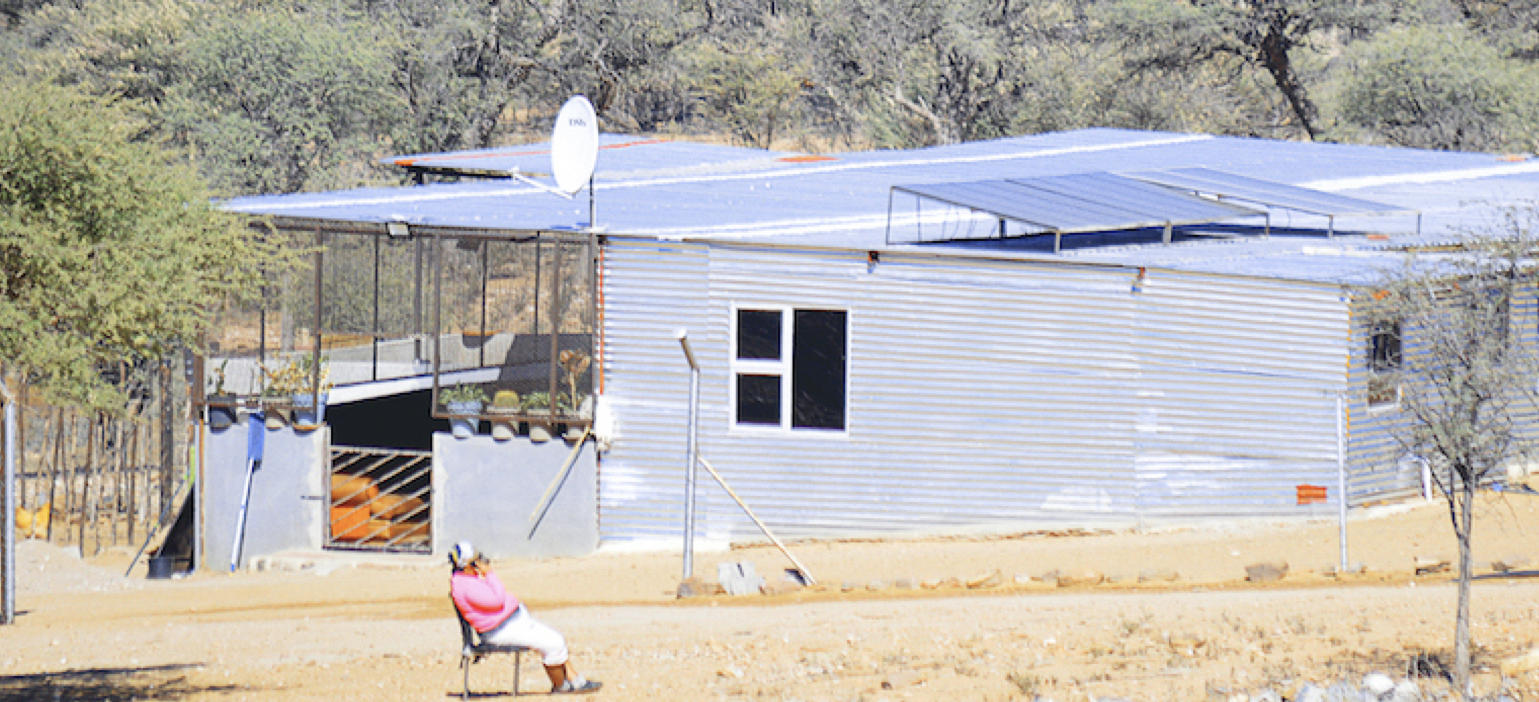
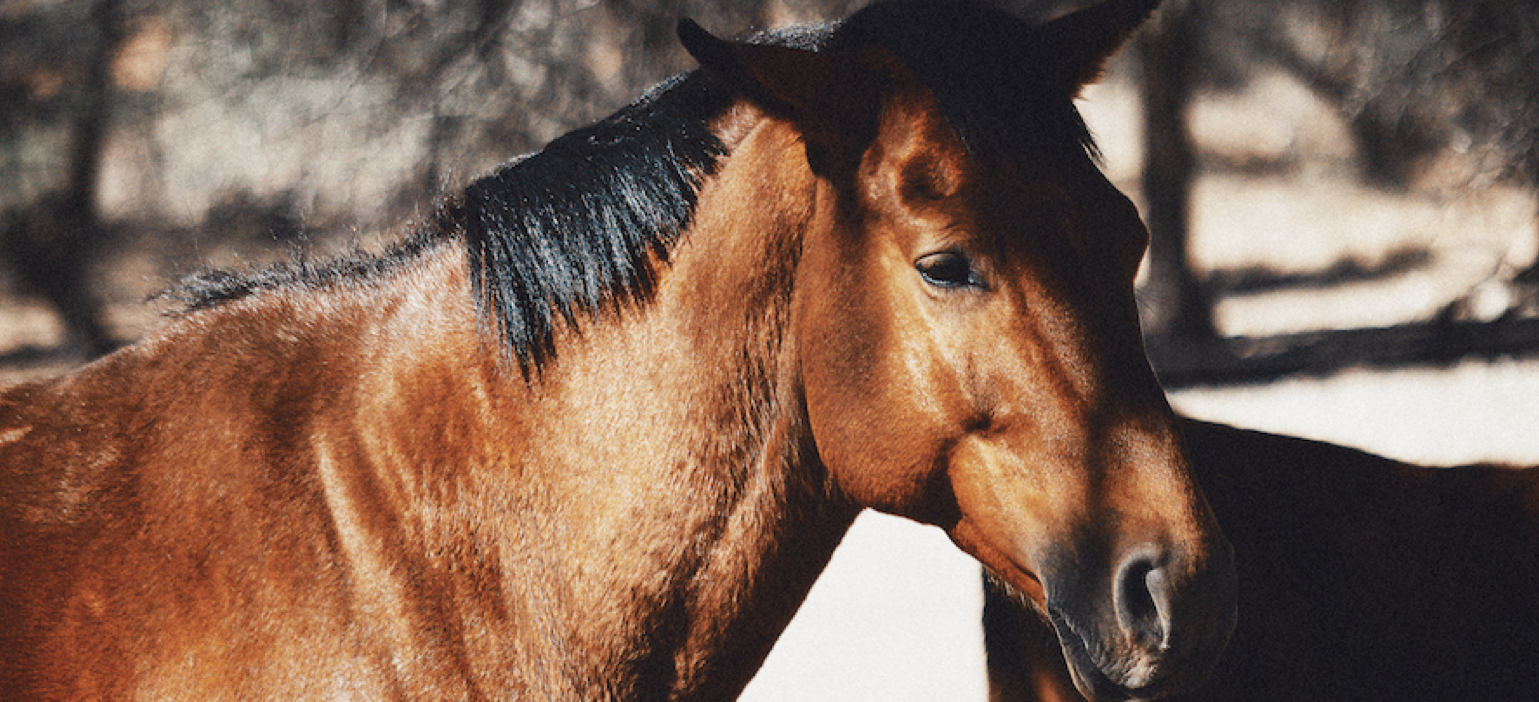
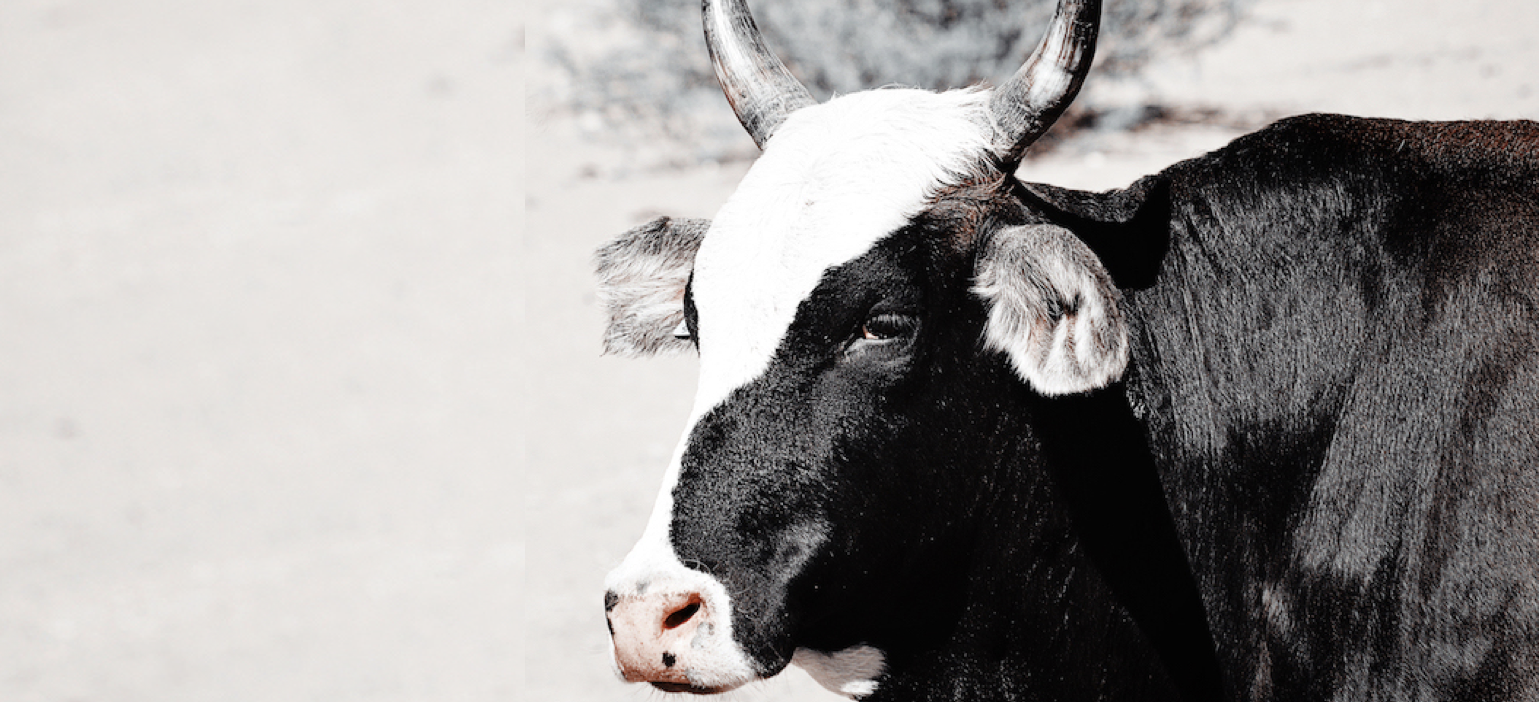
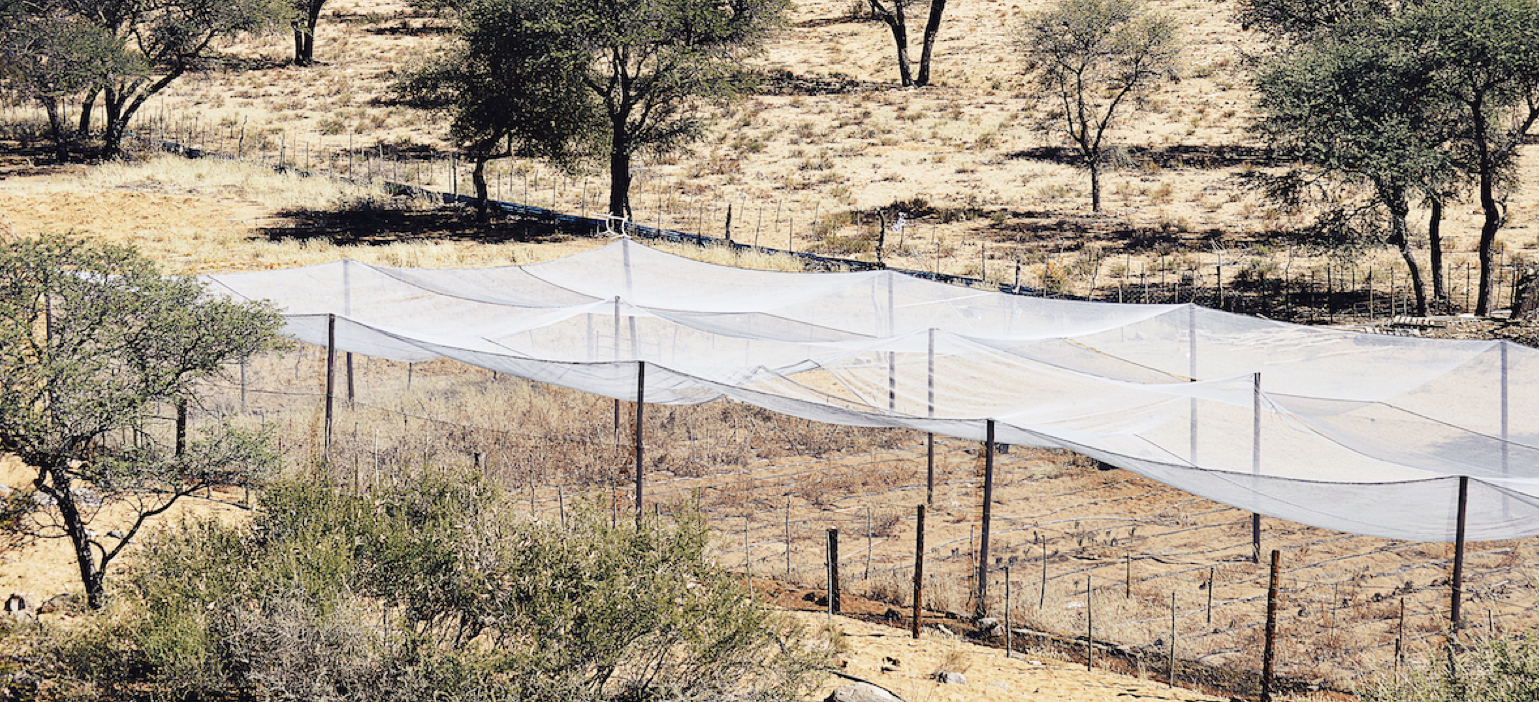
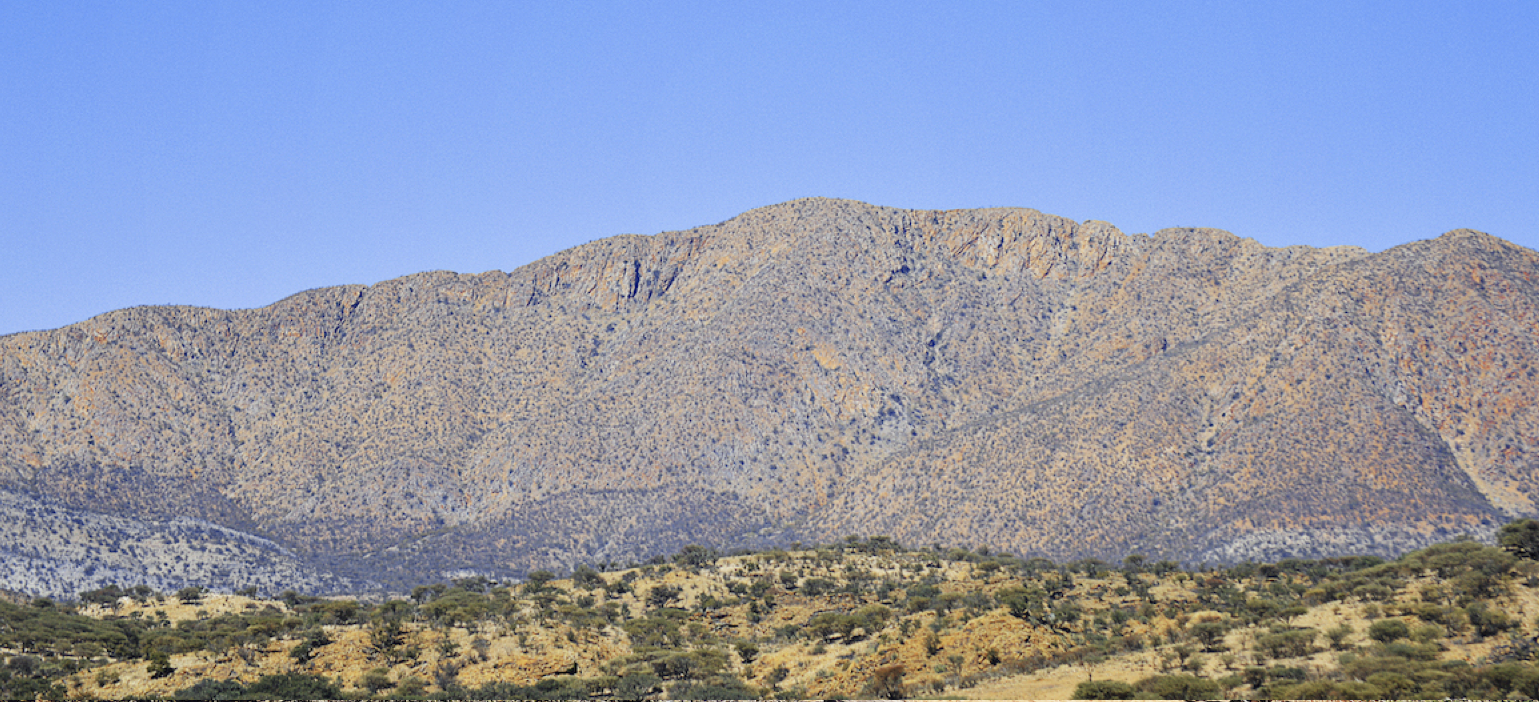

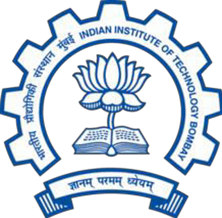
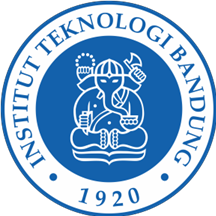
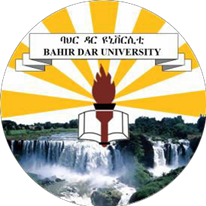
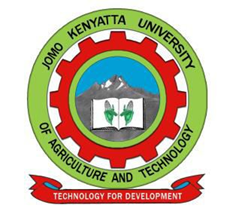
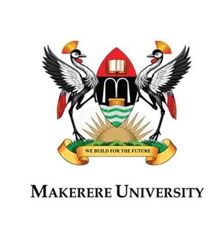
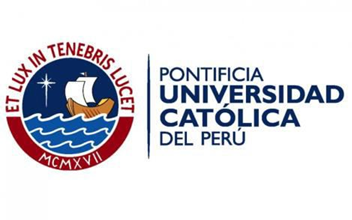

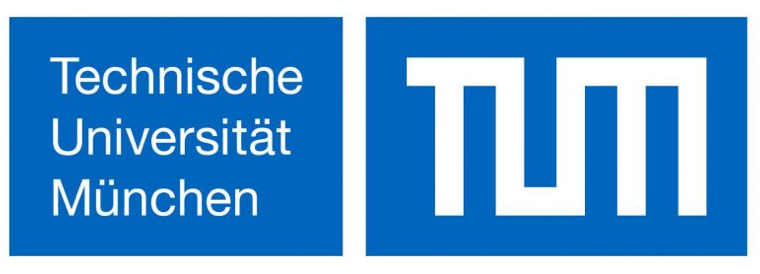

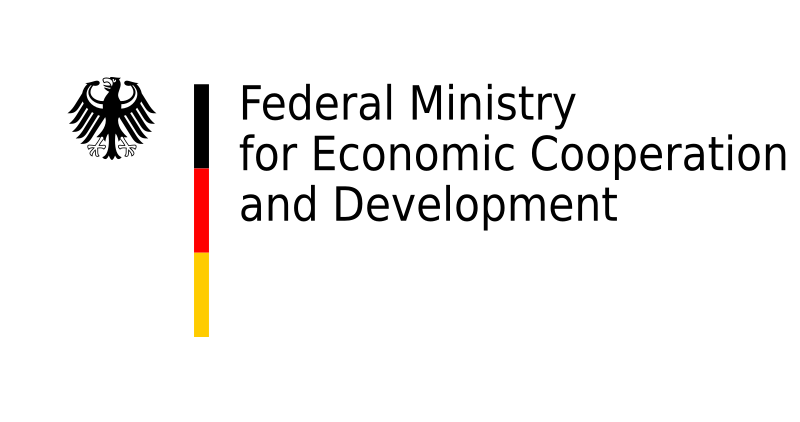
Recent comments